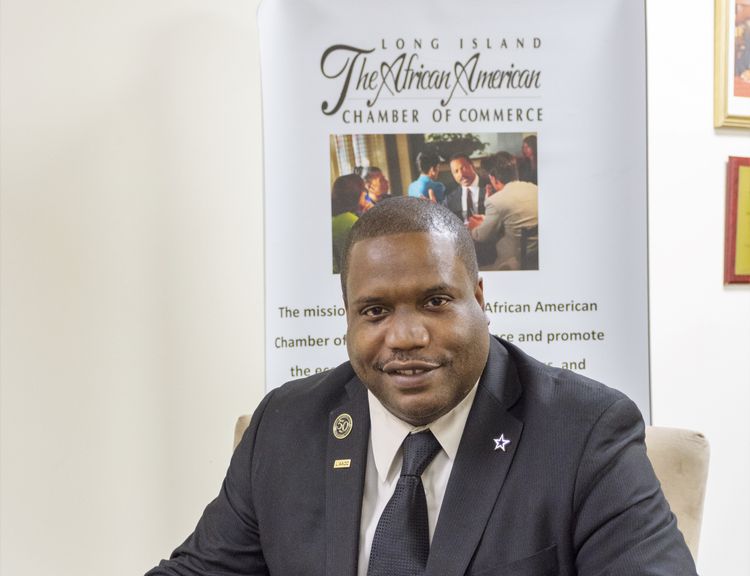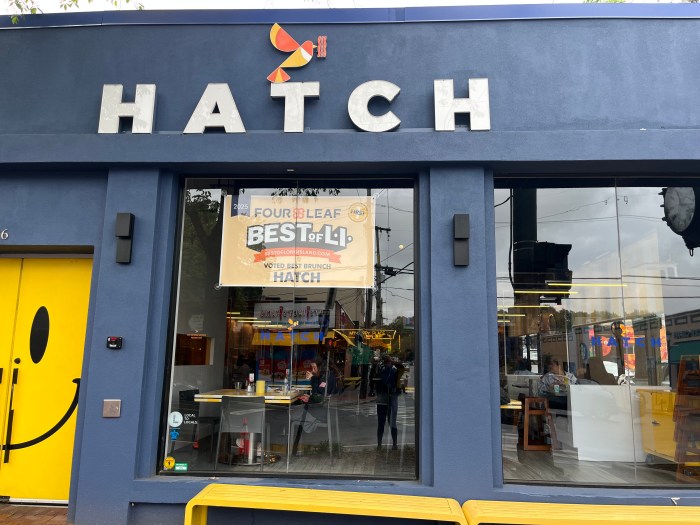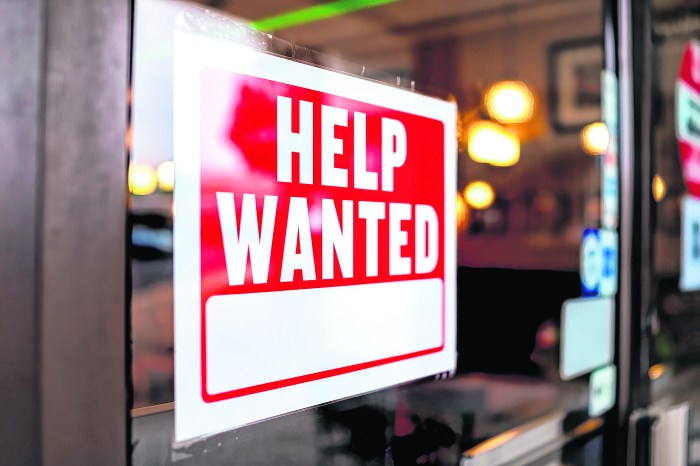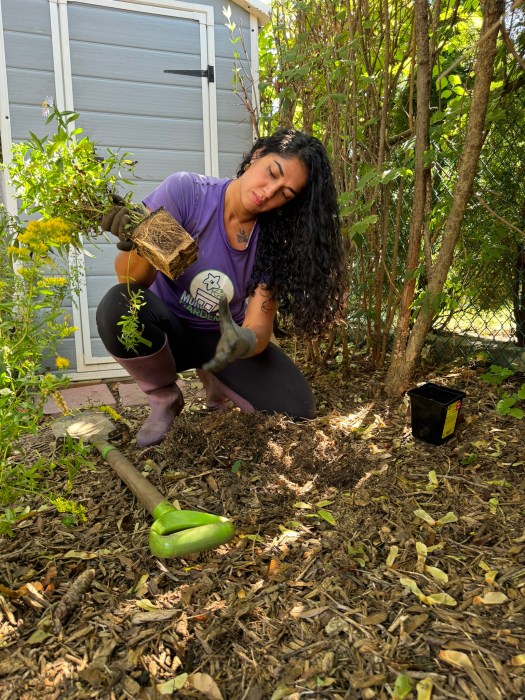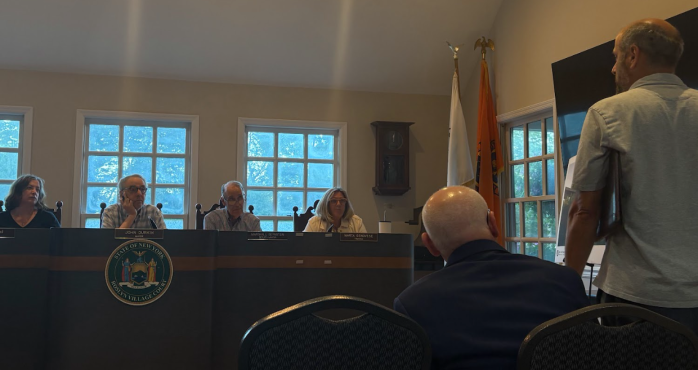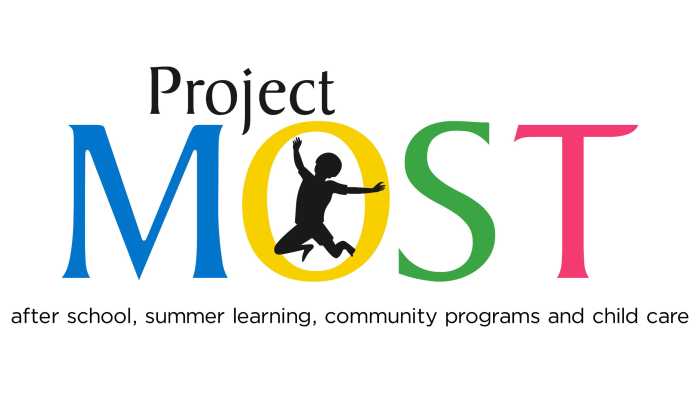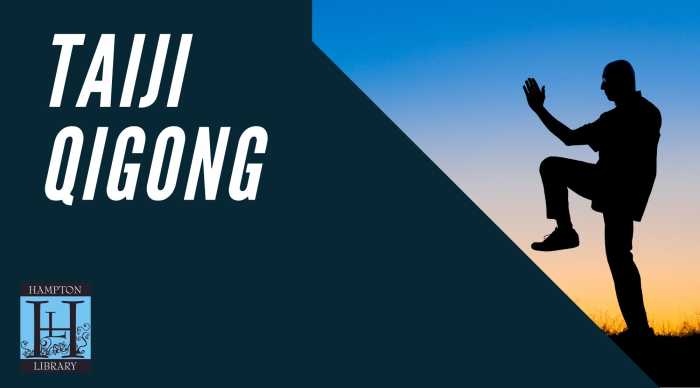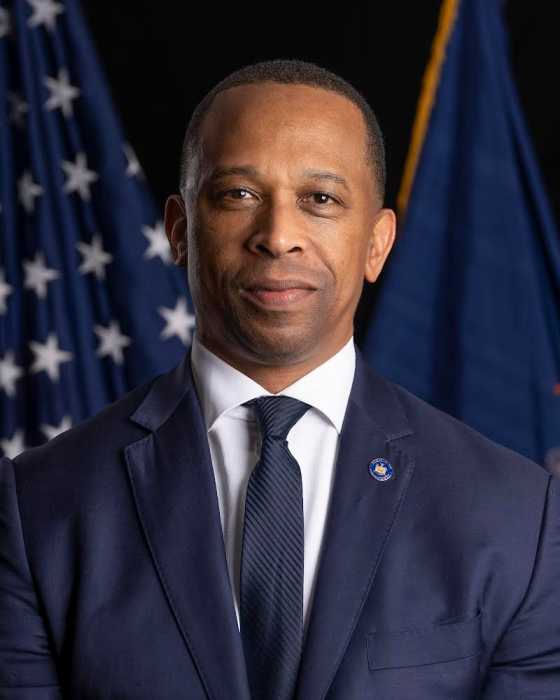Phil Andrews has led the Long Island African American Chamber of Commerce since 2013. He talked with the Press about the organization, the successes African American businesspeople have seen, and entrepreneurship amid the pandemic.
Why did you want to become president of the LIAACC? I wanted to become president because I thought I had the background to offer the chamber something. The chamber wasn’t new to me. I knew the function of it, how valuable it was.
What was your business experience like? I was a franchise owner in my 20s. I had multiple stores across Long Island. I had stores in Queens, Brooklyn, Long Island, Uniondale, and Roosevelt. I had many employees and had been in business. I had been named a small-business champion twice by the Nassau Council of Chambers of Commerce. The nominations for these awards came from the Roosevelt Chamber of Commerce and the West Indian American Chamber of Commerce. I also ran a company named the Power Networking Business Seminar Series which combined networking and business training. My thought was that it was not enough to just network to grow your business.
What franchise was it? We started with one store in Hempstead called the Haircut Hut barbershop franchise. We wanted it to be not just a business, but an institution. We had a banner in the store that said, “Value systems determine human possibilities.” Four of us founded it. We were all corrections officers at the time. We opened one store, then another and another. We gave out scholarships, did art exhibitions, gave out health information in the barbershop. I spoke at schools. We were engaged in the community in a way that most small businesses were not.
What was your experience at 100 Black Men? I got involved with 100 Black Men in my 20s. It had been around since 1974 and was considered the power base of the African American community. We had Tuskegee Airmen, brigadier generals, people doing $30 million in sales in the automobile industry. These were my mentors. All of that contributed to my ability to lead.
What is the role of the entrepreneur among African Americans? Since we have the Chamber of Commerce, it became more visible to be an entrepreneur in the African American community. They see a prominent organization that deals with business. We’ve been growing. We’ve done events with 300 or 400 people. The work we do attracts people to become members. If they have a business, we ask if they had training. We’re very much into businesses getting training, access to capital, technical assistance, and mentoring and networking.
How has the chamber been helping businesses? All during the pandemic, we taught the basics of PPP (Paycheck Protection Program) loans. We had weekly seminars. A lot of them didn’t have banking relationships. Imagine if the pandemic comes up and you never worked with the federal government. The PPP is just one program. The SBA [Small Business Administration] always has something. We educated our community around resources in case we have other emergencies. We tell them, “Don’t wait for emergencies to learn how things work.” We also bring access to capital, technical assistance.
What do you think is the biggest obstacle to African Americans starting a business? Access to capital. Sometimes their credit isn’t right. They need to learn to access capital markets, government assistance programs. We work with the CDFIs, community development financial institutions, smaller community banks.
How has the chamber handled Covid? We’ve been doing most things virtually. Prior to Covid, we had monthly meetings with 60 or 80 people. We don’t want to get anybody sick. We’ve been cautious, but we’ve been having a lot of activity. We’ve been having virtual meetings, panel discussions.
What has Covid impacted African American-owned business? It’s been a tremendous loss. Most African American businesses are sole proprietorships, a large percentage. A lot of our businesses may be undercapitalized. Some businesses had to close. One business had just opened a physical store after 10 years online and then Covid came. They did very well until the crisis. They went back to digital and then their sales increased.
Are you seeing more African Americans starting businesses during the pandemic? I think so. There’s a lot of creativity. People are looking for new opportunities. We believe in supporting Black businesses, but we work with other businesses. We have a saying at the chamber, “If we only work with ourselves, we disempower ourselves.” We believe in mainstreaming. A successful business attracts many customers. When we had the Haircut Hut, we targeted African Americans. Our motto was to be “No. 1 in haircutting.” Everybody started coming.
Do you go into the schools? What’s part of your message? We have worked in the schools. I participated in a Brentwood program, My Brother’s Keeper. I’m going to be on a committee with the Uniondale School District around workforce development. An entrepreneurial mindset makes for even better employees. They’ll problem-solve. It’s a whole different mindset.
For more business coverage visit longislandpress.com/category/business
Sign up for Long Island Press’ email newsletters here. Sign up for home delivery of Long Island Press here. Sign up for discounts by becoming a Long Island Press community partner here.




